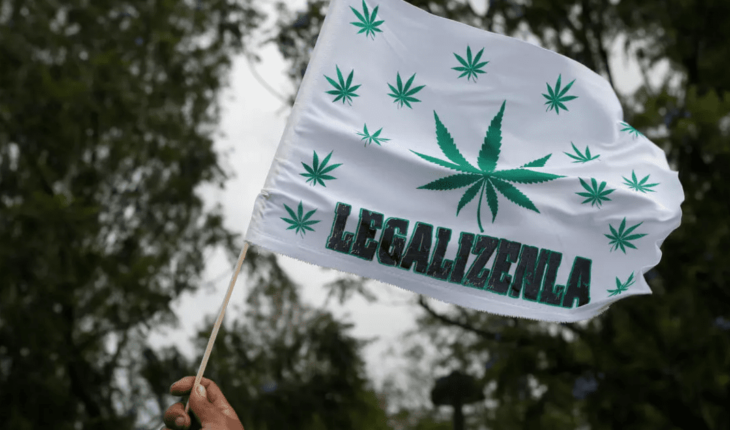The World Marijuana March that will be held tomorrow, this year in a virtual way, through social networks will have some of the usual slogans: develop a legal regulation “based on public health criteria”, the non-criminalization of tenure and self-cultivation, among others.As every first Saturday of May is carried out worldwide the global march of marijuana that in Argentina came to convene thousands of users from more than 30 cities. But this year, within the framework of social isolation, preventive and mandatory, digital mobilization will be through the hashtags #MMM2020 #GMM2020.” As every year, the main axes are the cessation of the criminalization of users, i.e. the decriminalization of drug tenure for personal consumption, It has been more than 10 years since the Supreme Court in full by an absolute majority said that punishing possession for personal consumption was unconstitutional,” explained Emilio Ruchansky, a member of the agreement for the Legal Regulation of Cannabis, composed of more than 50 NGOs from the field of human rights, education, safety and mental health. Ruchansky stressed that “self-cultivation and regulation will be claimed on the basis of public health criteria and not on a free market basis as happened with tobacco and happens to advertising alcohol and an increase in consumption from allowing non-rule marketing.” In this regard, the activists propose the creation of social cannabis or cooperative culture clubs “models that started in Spain and are applied in Uruguay and Belgium, and consist of older growers and growers who manage cooperatively expenditures horizontally and do not allow profit, do not generate capital accumulation or new lobbying actors in favor of unrestricted use and propaganda”. Ruchansky noted that “both President Alberto Fernández, and The Minister of Security, Sabina Frederic, and the Minister of Education, Nicolas Trotta, have spoken in favor of opening the way and this is the first time that has happened”. He added that at a time of economic crisis such as the current “non-criminalization and regulation are two very important economic measures since studies by the Ministry of Justice of Bonaerense show that in 14 years of narcomenude law the province of Buenos Aires spent 29 billion pesos.” Not only would not pursuing save a lot of money, but we understand that regulation can generate many jobs with a new industry that has to be born with rules not to encourage the use of cannabis but simply supply the market,” he concluded.
translated from Spanish: How will the pro-marijuana march be organized this year?
May 2, 2020 |





